COMBAT HEALTH MISINFORMATION
Overview
Along with the pandemic, the World Health Organization (WHO) has warned of a parallel "infodemic" of health misinformation, which comes in many forms and is easily propagated either by unscrupulous vendors of alternative therapies or by politically motivated individuals or organizations looking to destabilize the public health response. Also, given the high level of public anxiety, good intentions to help others can also drive the rapid spread of misinformation.
Patients with chronic conditions or other high-risk profiles are particularly vulnerable to bad information, or to vendors selling unproven cures, vaccines, testing kits, or other products and services of little or no value in the fight against Covid-19. Some of this can cause direct harm to patients or indirectly contribute to greater risk by making patients feel safer and thus lower their guard against infection.
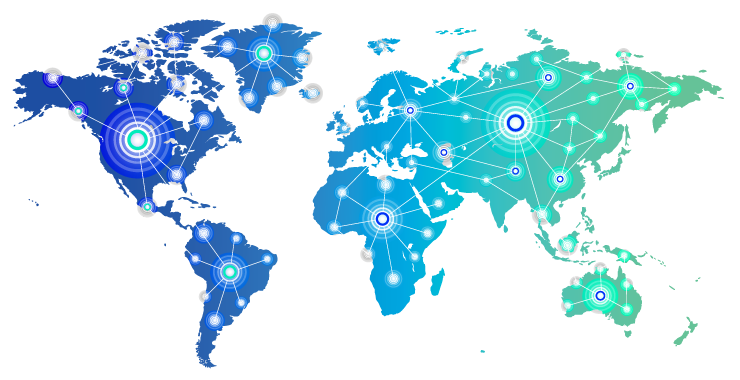
The post-pandemic context is a good time for countries to build or strengthen national systems to monitor and combat health misinformation. PAGs should be invited to participate in these discussions.
While a growing problem, it is equally important that there not be an overreaction to bad or misleading information, for example via overzealous enforcement. Misinformation should not be used as an excuse to limit existing freedoms of speech, journalism, or other forms of expression. When information becomes artificially limited, highly regulated, or scarce, public health is put at risk.
Patient advocacy organizations have been at the forefront of educating their communities about Covid-19 misinformation, particularly when specific unverified claims directly impact their patient community. PAGs are also positioned well to educate their communities on unproven products and claims, as well as the tactics used by fraudulent vendors. At the same time, PAGs can be a voice of reason when authorities over-react to misinformation and its spread.
Policy Gap
In situations of heightened health and safety risk, it is unacceptable for patients to have to be on guard against misinformation and the aggressive marketing of unproven products. The post-pandemic context is a time for countries to build or strengthen national systems to monitor health misinformation with reasonable means to address and correct the information. PAGs should be invited to participate in these discussions. Specifically:
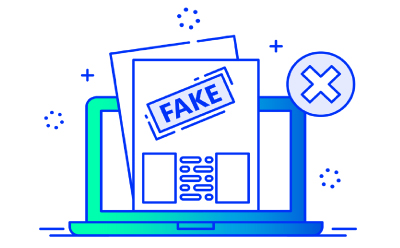
Key Messages
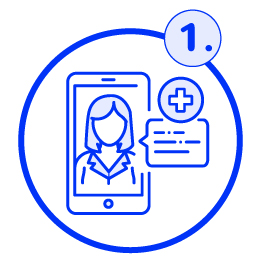
Misinformation and fraudulent marketing based on unproven scientific or medical claims about Covid-19 can lead to direct and indirect harm of patients and consumers.
For example, hoarding of chloroquine based on unproven claims means some patients who rely on that drug for lupus or other conditions may not be able to access the medicine for treatment. Misinformation also has insidious effects that are just as dangerous, both by crowding-out reliable information and by increasing the level of skepticism of official public health guidance and of the officials responsible for communicating health threats.
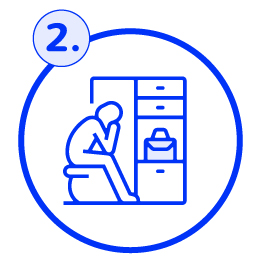
Even before the pandemic, the risks of potential public harm were on the rise from unregistered health products and services or manipulative schemes due to the relative ease of online marketing channels combined with the difficulty in tracking abuses and enforcing penalties.
Covid-19 isolation, and sometimes desperation, have produced more than ideal conditions for vendors to market their wares as "solutions."


Keeping pace with bad information is the key to mitigating negative consequences. But it is insufficient for governments to simply provide as much good information as possible.
The true measure of political will is whether governments work to actively refute or rebut health information that is incorrect or misguided.
Global resources are available to fact-check dubious claims or statements. Countries should be collecting such data regularly and then adapting this information into educational messaging that is useful in real time to consumers and patients.
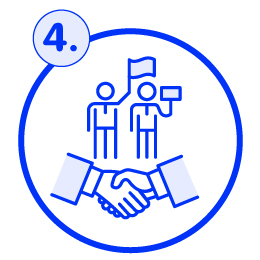
Civil society organizations such as patient advocacy groups are a potential resource for governments with the political will to fight fraud and prevent misinformation from harming patients and consumers. But civil society is underutilized in this respect.
Working together we can reach a wider audience and build public awareness of how to recognize and avoid harmful scams or the spread of dangerous misinformation.

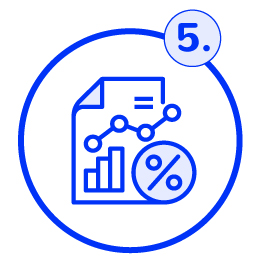
Uncertain economic conditions can help fuel fraud and abuse related to misinformation.
Sometimes bad information spreads faster when politicians or elected government officials themselves propagate unproven theories or remedies. Health officials responsible for calling out bad information and/or correcting it with factual information should be shielded from undue political interference or retribution.
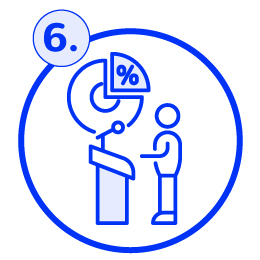
Building proactive mechanisms to combat fraud and misinformation related to Covid-19 will increase a country's future capacity to employ these same techniques to address fraudulent practices that exist across the health care spectrum.
The ability to mitigate the availability of fake or substandard medicines, or to disavow unproven medical claims in cancer or heart disease, for example, will help increase long-term consumer confidence in the health system and health governance leadership.


Overzealous enforcement that stifles free speech or other forms of expression should not be tolerated.
The priority focus should be on providing facts and evidence to refute misinformation, not on creating an environment where all public health information is tightly limited or controlled.
Questions and Answers
Questions
The world of misinformation, fraudulent products, and unscrupulous marketing schemes is a complex one. Authorities intervene when laws are broken, but many of these schemes take advantage of weak laws and legal loopholes as much as they take advantage of consumers. Misinformation is difficult to police.
How would any mechanism be able to navigate this complexity?
Answers
The idea is not to prevent mischief 100 percent of the time, but to identify clear instances of misinformation and fraudulent marketing not supported by science or medicine. Even if impossible to prove harm in a legal sense, health stakeholders have a responsibility to provide factual, counterbalancing information to educate and to protect patients and the public.
The Covid-19 pandemic has stimulated a new and rapidly growing field of research in public health called "infodemiology." This research arena seeks to demystify how misinformation spreads and what actions might be taken to mitigate bad information being shared. Governments should embrace and support this new field of research if it is to be useful for strengthening public health.
Questions
Mechanisms already exist throughout government to provide oversight of the health system, including identifying bad actors perpetrating fraud and abuse.
Is it not these same mechanisms that collectively share in the responsibility of keeping patients and consumers safe?
Answers
These are important and every effort should be made to strengthen government supervision and enforcement capacity. However, agency efforts are typically focused more on institutional fraud and abuse than on threats to patients and consumers.
There is typically much less if any government investment in mechanisms to monitor and counterbalance health misinformation or to mitigate fraudulent marketing of potentially harmful health products and services.
Patient communities are particularly reliant on good science and medicine to continually find a way forward to treat and eventually cure the diseases and conditions that afflict them. Misinformation can be a serious threat to potential future advances by providing the oxygen needed for "anti-science" beliefs and platforms to proliferate.
Research Resources
A New York Times article on 7/23/2020 documents how government officials in several Latin American countries, in some cases contrary to the advice of their own Ministries of Health, are promoting the use of chlorine dioxide, invermectin, and/or hydroxychloroquine, none of which have been proven effective for treating Covid-19 and could cause more harm than good.
Available atA New York Times opinion piece on 7/22/2020 discusses how public health advice can sometimes come across as arrogant or too aggressive. This perceived arrogance can backfire when communities decide not to heed the guidance or openly rebel against it. The key is to build trust, provide good information, and sometimes openly acknowledge that public health does not have all of the answers or solutions in every situation. The article discusses how trust in public health can erode over time, especially when conspiracy theories, political bias, and other sources of bad information exist to propagate alternative explanations.
Available atA 5/21/2020 article in The Conversation, an online news outlet, provides a good overview of Covid-19 misinformation, countermeasures that are being implemented, and what you can do to stop its spread.
Available atThe OECD published a briefing 7/3/2020 entitled Transparency, communication and trust: The role of public communication in responding to the wave of disinformation about the new coronavirus. You can read an article on the briefing, Fighting Disinformation: A Key Pillar of the COVID-19 Recovery.
Available atAn editorial in the Postgraduate Medical Journal published in November 2019 outlines An editorial in the Postgraduate Medical Journal published in November 2019 outlines potential Strategies to Combat Medical Misinformation on Social Media, including collaborative partnerships between health organizations in communities, public health communication specialists, and health information experts.
Available atThe World Wide Web Foundation published a Covid-19 policy brief on misinformation April 7, 2020 that includes specific recommendations for governments, companies, and citizens. This is an article outlining the recommendations and with links to the full briefing.
Available atResearch Quotes
1 "Covid-19 is a recent example in a long list of "misinfodemics" - outbreaks of misinformation which come to have as real an impact upon public health as the epidemic itself.. Communicable diseases such as influenza, Zika, and Ebola, which gain a lot of public attention around moments of outbreak, but also chronic conditions such as diabetes, and treatments such as vaccines, have all spurred "alternative explanations." They all matter. For the ways in which they shift the public's attention away from medical advice; and for the danger that in this state of distraction, we fall short of lifesaving behaviours."
[Disponible aquí]
2 "...the phenomenon of an "infodemic" has escalated to a level that requires a coordinated response...In a similar manner to an epidemic it spreads between humans through digital and physical information systems... and makes it hard for people to find trustworthy sources and reliable guidance when they need it. During epidemics and crises, it becomes even more important to disseminate accurate information quickly, identify and lower barriers for individuals to take steps to protect themselves, their families and communities against the infection. Even when people have access to high-quality information, there are still barriers they must overcome to take the recommended action. Like pathogens in epidemics, misinformation spreads further and faster and adds complexity to health emergency response."
[Available at]
3 "Health and lives are at risk with criminals exploiting the COVID-19 crisis to cash in on public anxiety and increased demand for PPE and medications...transnational organized crime groups take advantage of gaps in national regulation and oversight to peddle substandard and falsified medical products. We need to help countries increase cooperation to close gaps, build law enforcement and criminal justice capacity, and drive public awareness to keep people safe."
[Available at]
4 "Without preparation for the quality assurance of diagnostic tests, drugs, and vaccines, the world risks a parallel pandemic of substandard and falsified products. Interventions are needed globally to ensure access to safe, quality assured, and effective medical products on which the world's population will depend...Drug quality is vulnerable to fear, desperation, and disinformation. While hoping that accelerated COVID-19 research will provide the means to fight this pandemic, we must ensure that access to affordable quality medical products, particularly in low-resource settings, does not become another casualty."
[Available at] / [Version in Spanish at]
Videos
Lauren Pretorius - Chief Executive Officer
PODCAST Lauren Pretorius HealthMisinformation
DWEspañol / 2:05 / Spanish
Ojo con las noticias falsas del coronavirus
Centro Gabo / 2:34 / Spanish
¿Cómo no caer en las trampas de la desinformación?
Further Reading
An August 2020 report by the Inter-American Dialogue published in The Dialogue discusses the important balance between public health measures and freedom of expression with Covid-19 in the Americas. Pages 14-16 of the report discuss this balance in the context of misinformation and disinformation.
The Poynter Institute runs the International Fact-Checking Network (IFCN). Fact- checking has quickly become an important tool for fighting Covid-19 misinformation. The IFCN runs both the #CoronaVirusFacts and #DatosCoronaVirus alliance launched in January 2020 to unite more than 100 fact-checkers around the world.
The Partnership for Safe Medicines, a non-profit coalition of health groups, has published advice on Covid-19 scams and frauds in the U.S.
LegitScript, a company that monitors internet content in order to inform businesses, governments, and the public about which entities are legitimate, legal, and trustworthy, has a report on illicit activity related to Covid-19.
Fight the Fakes, an international coalition, has published an official statement on Covid-19 false treatments and cures.
Suggested Tweets
Bad information can be bad for health. Correct it and report it. Don't share it. Patients should reach out to their local or national patient advocacy organization if they're curious about something they've read or heard.
#TakeCareBeforeYouShare #misinformation #covidscams #desinformacion #fakemeds
Patients with serious conditions have enough to worry about. False statements and unproven cures for Covid-19 can cause them real harm. Two things you can do right now to fight misinformation: Be aware and don't share.
#TakeCareBeforeYouShare #misinformation #covidscams #desinformacion #fakemeds
The government should take a stronger stand for public health by reminding everyone that false promises, fake cures, and unproven treatments are unwelcome and should not be tolerated.
#TakeCareBeforeYouShare #misinformation #covidscams #desinformacion #fakemeds
Misinformation hurts public trust in science and medicine, the backbone of quality health care systems. What's our society's alternative to doctors and scientists? Hint: There is none.
#TakeCareBeforeYouShare #misinformation #covidscams #desinformacion #fakemeds
Patient advocates are frontline health information workers. Help us fight misinformation by reporting the marketing of false promises, fake cures, and unproven treatments.
#TakeCareBeforeYouShare #misinformation #covidscams #desinformacion #fakemeds
#Hashtag
Twitter Handles
Sample Sign-on Letter for a Coalition
Dear AAA (insert name of policy/decision maker):
The undersigned are leaders of several of the largest and most influential civil society patient- based advocacy organizations in BBB (insert country). We are writing to encourage you to help make a stand for public health by fighting health misinformation.
Health misinformation in Covid-19 is harmful. First, unproven products can cause harm when ingested. For patients with weakened immune systems, this can be deadly. Second, false promises can lead to unhealthy behaviors when consumers think they are protected, but in fact remain at risk. Third, the promotion of unproven products can lead to irrational hoarding of certain medicines and supplies, which in turn means non Covid-19 patients who rely on these products have less to access. Hoarding of hydroxychloroquine has caused access problems for patients with lupus or rheumatoid arthritis, for example.
Fourth, health misinformation crowds-out good information. The investments our government has made to produce and disseminate quality information are less effective when there are alternative explanations or false cures easily available and that quickly spread. Fifth, bad information slowly erodes public trust in science and medicine. This lack of confidence can then extend to doubts about our health system and health governance leadership. Strengthening our health system to be better for all citizens becomes a more difficult challenge without public trust.
All of this said, we are also concerned with overzealous enforcement by authorities when misinformation is identified as such. While we understand the need to maintain public order, bad information is usually not criminal in nature and should not be penalized as such. Overreach in this regard will only stifle freedom of expression and the free flow of information. Instead, we believe the better strategy is to refute or rebut misinformation with facts and evidence as appropriate.
As patient advocacy leaders, we help meet the needs of non Covid-19 patients suffering from life- threatening diseases and requiring ongoing treatment and care during the pandemic. It is critically important that health misinformation not continue to undercut our efforts with false promises, unproven treatments, and dangerous propositions. Patients are already at a disadvantage. It is equally important to maintain an open environment for freedom of speech.
Instead, we encourage you to work with civil society patient advocates to find solutions. For example, we can together build needed mechanisms to identify harmful information and react quickly to name it as such and correct the record. Our community networks are vast and can spread good information quickly. We stand together to combat misinformation and hope that you too will stand with us.
If you agree, our organizations are at your disposal for further discussion and consideration. Please contact CCC (insert main contact name) via email (insert email) or phone (insert phone).
Sincerely,
(Name)
(Organization)
(Signature)
...repeat number of signatories as necessary...
Sample Media Placement for a Coalition
As patient advocates, our organizations help meet the needs of patients suffering from life-threatening diseases and requiring ongoing treatment and care during the Covid-19 pandemic. We provide education to communities at risk, we help patients navigate the health system to access needed care, and we continue to support patients with their emotional and mental health needs during these difficult times.
It is critically important that we not allow health misinformation to undercut all of these efforts with false promises, unproven treatments, and dangerous propositions. Patients are already at a disadvantage. Health misinformation in Covid-19 is harmful in the following ways:
- Products not supported by science and medicine can cause harm when applied or ingested. For patients with weakened immune systems, this can be deadly;
- False promises can lead to unhealthy behavior when consumers think they are protected but in fact remain at risk;
- The promotion of unproven products can lead to irrational hoarding of certain medicines and supplies, which in turn means non Covid-19 patients who rely on these products have less to access;
- Misinformation crowds-out good information. The investments we make -including those by our government- to produce and disseminate quality information become less effective when there are alternative explanations or false cures easily available and that quickly spread; and
- Bad information slowly erodes public trust in science and medicine. This lack of confidence can then extend to our health system and public health leaders, which perpetuates a vicious cycle of even more bad information reaching patients and consumers.
It is equally important to maintain an open environment for freedom of speech. As much as we are concerned about bad information, it is usually not criminal in nature and should not be penalized as such. Overreach will only stifle freedom of expression and the free flow of information. Instead, we believe the better strategy is to refute or rebut misinformation with relevant facts and evidence.
We call on all stakeholders to work with civil society patient advocates and our organizations to find solutions. Together we can build mechanisms to resist misinformation by identifying harmful statements and reacting quickly to name it as such and to correct the record. As individuals, we all need to be more cautious about bad information that we may spread inadvertently. As a collective society, we need to stand together to make health misinformation unwelcome.
Patients deserve at least this. We hope you too will stand with us.
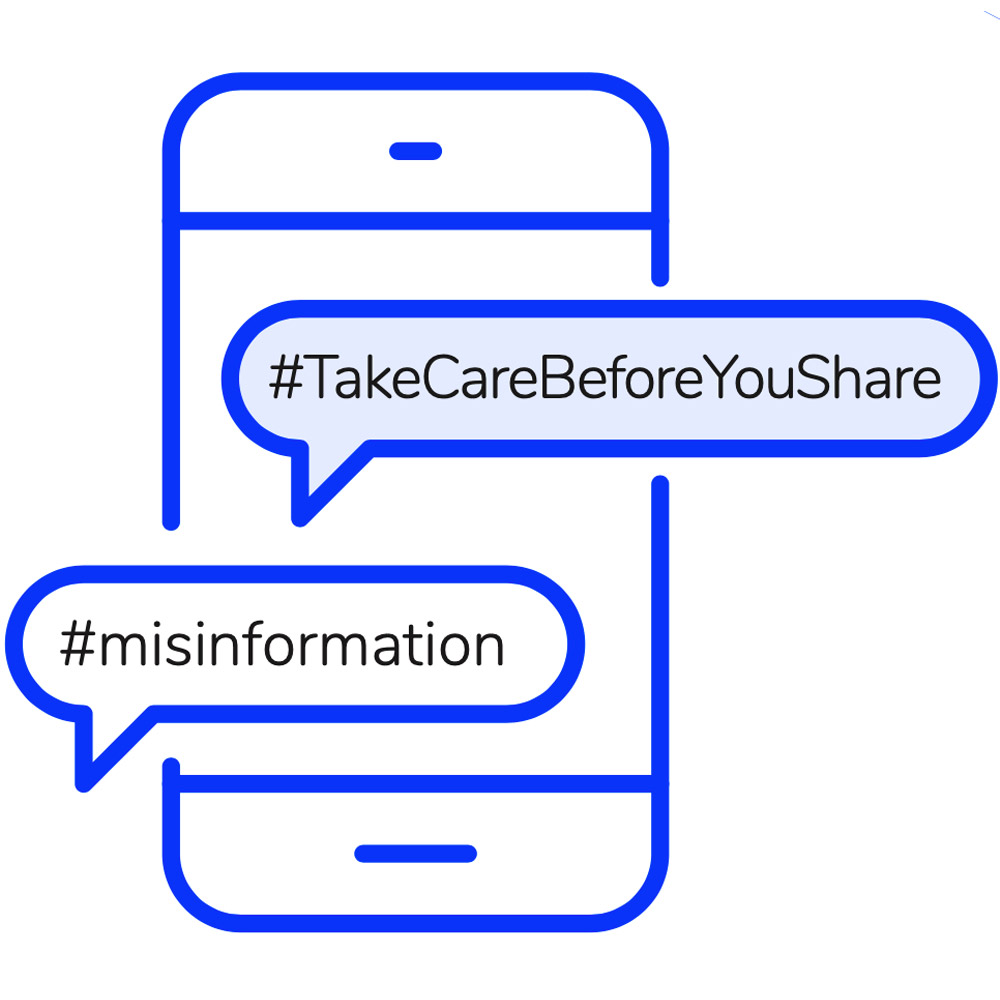
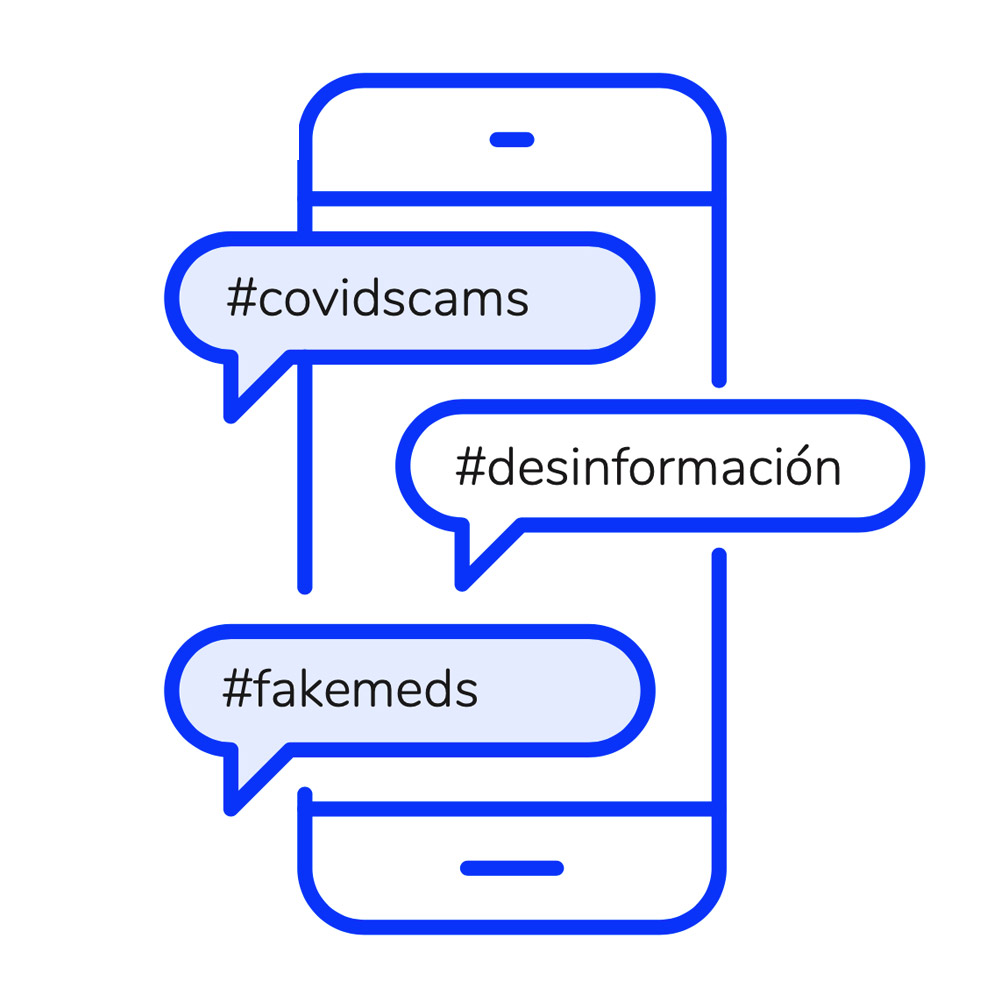
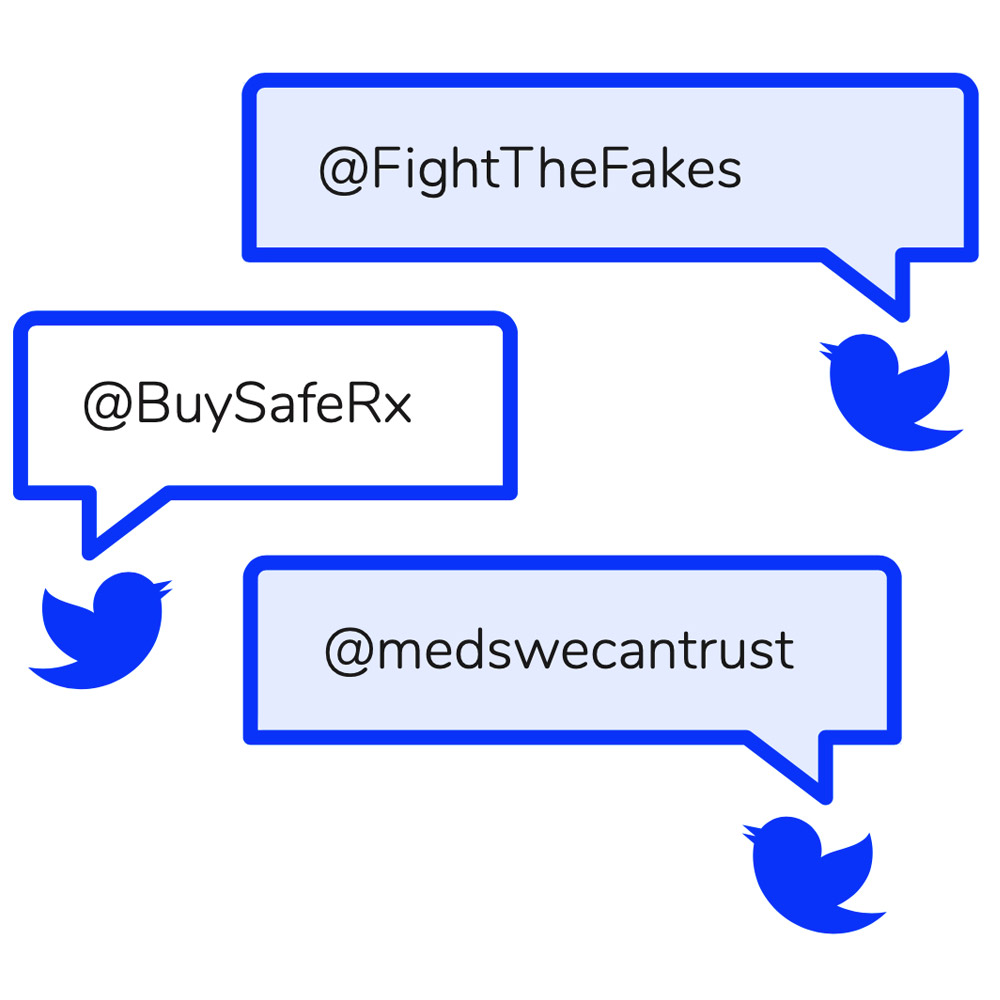
Social Media Sample Graphics
"Civil society patient advocacy organizations educate patients and the public on how to navigate the health care system during the Covid-19 pandemic. We fight every day to provide good information to patients. This is what we do. Health misinformation destroys the public trust we have built in our communities. All stakeholders need to take a stronger stand against false promises, fake cures, and unproven treatments. They are unwelcome and should not be tolerated."
-- Name, Title
"Unproven claims about Covid-19 can be as dangerous as the virus itself. It is not enough to combat misinformation with good information. We need to work together to identify false and misleading statements. We need to hold accountable those responsible. Health misinformation, if not corrected in visible ways, can become an unnecessary barrier to care and access. It erodes public trust in our health care system and in our long fight to make the system better for everyone."
-- Name, Title